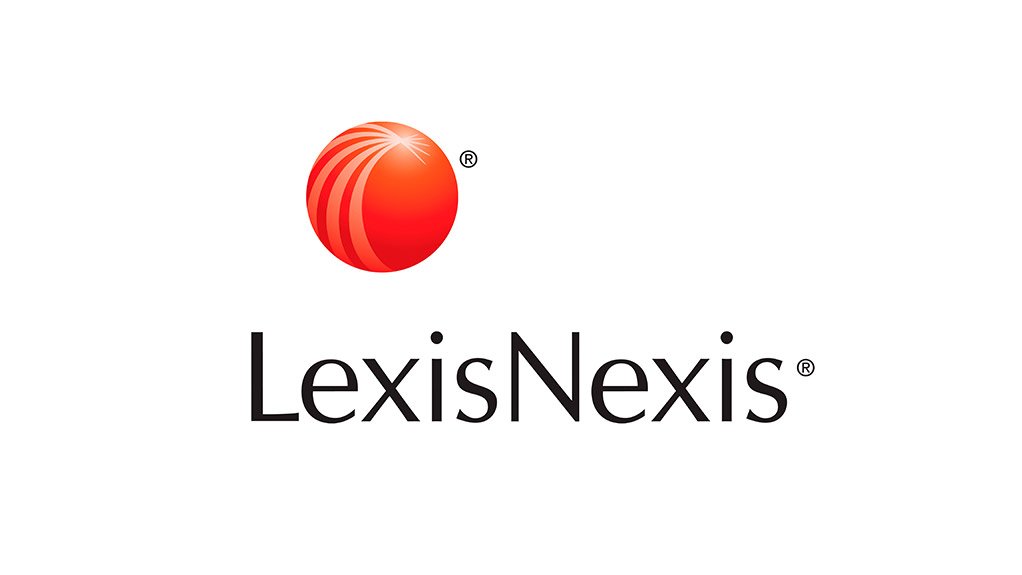Times are tougher – the weak rand, rising cost of fuel and food coupled with the overall inflation means that many South Africans face ongoing financial stress.
Such weak economic conditions can lead to an increase in unethical behaviour, conflict of interest, and other illegal activities in the workplace. As evidence, the recently released South African Business Ethics survey 2016 revealed that 25 percent of employees witnessed ethical misconduct at the workplace as opposed to 18 percent in the previous survey published in 2013.
While it is a legal and ethical obligation for employees to serve in the best interests of their employers, employees are at risk of resorting to desperate measures as means to line their pockets, says Rudi Kruger, general manager at LexisNexis Governance, Risk and Compliance division.
“There is definitely a heightened risk of employees taking desperate measures in these economic conditions, resulting in fraudulent activities and conflicts of interest,” he said.
The risks
Earning more through a second income might seem like a reasonable and ethical way for employees to boost their income, however, it is important for companies to ensure that their employees are not involved in income opportunities that contrast or jeopardise the interests of the business.
Kruger highlighted the associated risks of such incidents. “In cases where employees have personal business interests elsewhere, the risk of them making decisions that influences your business, administrative or other material decisions in a manner that leads to personal gain or advantage is highly possible. This could be by them approaching customers or prospective customers with a view of doing business with them in their own capacity,” he said. “They could also be working for a competitor in a contending capacity, or trying to set up a competitive business with the intention of taking staff and insider knowledge with them to other ventures.”
Regarding procurement, bribery and corruption in supply chain are red-flag risk factors especially during tough economic conditions. Employees are at risk of participating in deliberations or actions resulting in the purchase of goods or services from any organisation in which an employee or his or her family member has a financial interest.
Prevention with internal controls
While some industries are more exposed to these risks than others, Kruger said no business is immune. Despite measures like conflict of interest clauses within employment contracts, employers need pro-active measures and ongoing internal controls if they want keep on top of their employees’ business activities.
This can be achieved through proper and regular employee screening with the right tools. One such tool is ProcureCheck, a vetting solution from LexisNexis Governance, Risk and Compliance.
The use of ProcureCheck in relation to the codes set out in the King III enables supply chain management to eliminate corruption and fraud while promoting strong ethical standards and good business practice. ProcureCheck can be used to ensure your employees meet all conditions as stipulated in 16A8.3 of the Public Finance Management Act by identifying possible conflicts of interest that may arise during the co-ownership of property; additional directorship of conflicting or tendering companies or through the acceptance of gifts in the form of immovable property thus assisting the combating of corruption and fraud within the supply chain management system. The solutions advanced reporting system automatically notifies procurement officers of any breach or failure in order to meet the requirement as stipulated in the Act.
ProcureCheck furthermore forms an integral part of the supply chain management policy when adhering to the code of ethical standards as outlined by the Municipal Finance Management Act No. 56 of 2003; 46. As an electronic web based workflow tool, ProcureCheck’s key features includes the ability to:
- create your own internal vendor list (preferred and blacklisted vendor indicators)
- Allows clients to import vendor and staff lists
- Vendor vetting (on an adhoc or batch basis)
- Ongoing monitoring
- Detailed conflict of interest report.
Written by Rudi Kruger, GM, LexisNexis Governance, Risk & Compliance
EMAIL THIS ARTICLE SAVE THIS ARTICLE
To subscribe email subscriptions@creamermedia.co.za or click here
To advertise email advertising@creamermedia.co.za or click here











